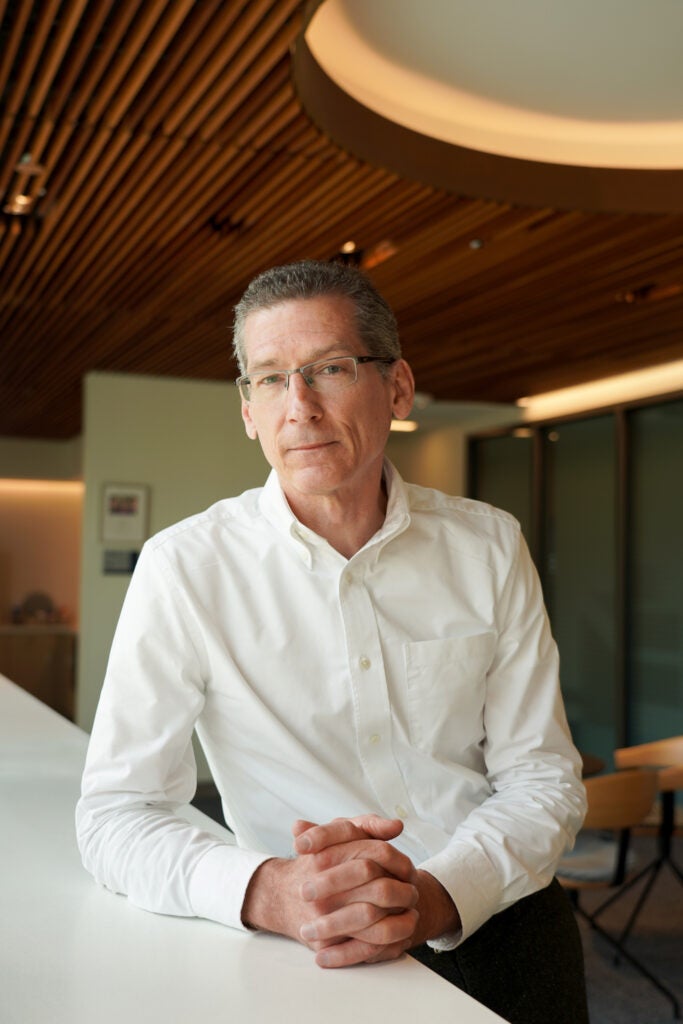This Professor’s Course Aims to Ease Social Isolation
This story was written by Judi Ketteler as part of the McCourt School’s annual alumni magazine, Policy Perspectives.
Bradley Holst, assistant teaching professor at the McCourt School, delves into an overlooked public health risk.
For years, Bradley Holst (G’05) found himself thinking about social isolation as a problem that public policy could tackle. The McCourt assistant teaching professor was thrilled to get the chance to teach a new elective, Social Isolation and Public Policy, in the 2025 spring semester. Fifteen graduate students and one undergraduate joined him for vibrant discussions about the sociology, economics, psychology and politics of social isolation.

Bradley Holst, assistant teaching professor at the McCourt School of Public Policy
“It was a great opportunity to dig into a topic with students in a way that I don’t usually get to,” Holst said. “The problems that people take up in [Master’s of Public Policy] classes are usually much more discrete and smaller than one I was inviting them to think about.”
Helping develop insights into these problems was a reading list that included Deaths of Despair and the Future of Capitalism by Anne Case and Angus Deaton, The Anxious Generation by Jonathan Haidt, Eric Klinenberg’s Palaces for the People and Robert Nisbet’s 1953 classic yet still topical The Quest for Community.
The students’ main assignment was to draft a five-page policy memo that articulated a problem of social isolation and made a public policy-related solution proposal — and then defend their proposal. The assignment drew out a key issue of addressing social isolation: the need to enact what Holst calls “micro-interventions.”
For example, one student examined how undiagnosed hearing loss can lead to social isolation and proposed interventions to help more people get diagnosed and connected to the resources they need. Another investigated the volume of calls to the 988 mental health crises hotline that related to loneliness. This student proposed potential alternatives that would free up the hotline for suicide prevention while making sure other callers could connect to resources for loneliness.
Teaching the new elective invigorated Holst, and he says all indications are that it will be offered again next spring.